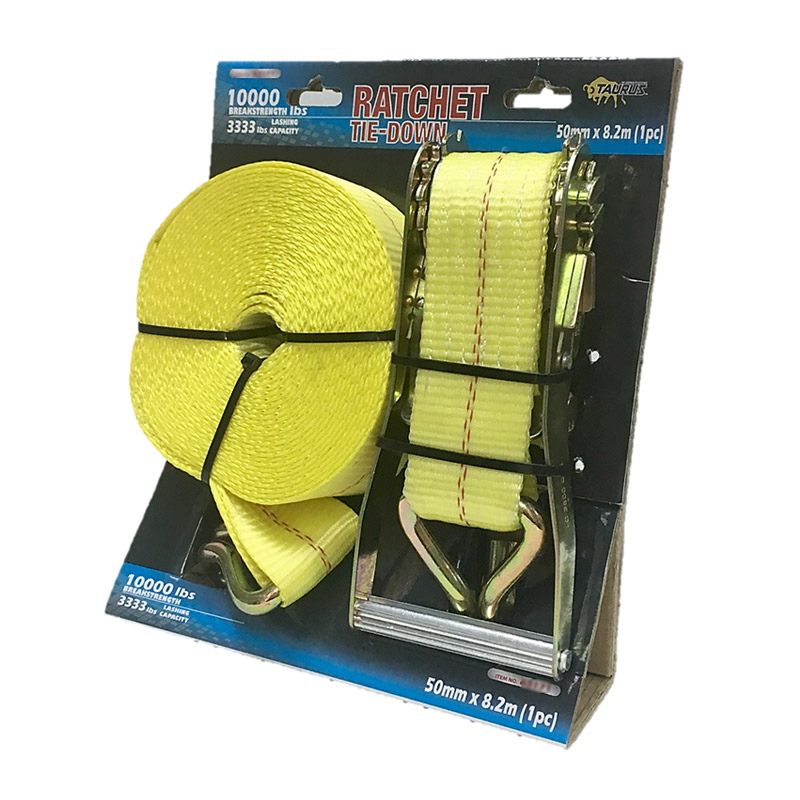Exploring Resin Anchors for Effective Blockwork Applications in Construction Projects
Resin Anchors for Blockwork A Comprehensive Guide
In the realm of construction and engineering, the choice of anchoring systems is critical to ensuring structural integrity and safety. Among various anchoring methods, resin anchors have garnered significant attention, especially in applications involving blockwork. These anchors provide a strong and durable solution for securing fixtures, equipment, and other structures to masonry blocks, which can often present challenges when it comes to traditional mechanical anchoring methods. This article will explore the benefits, application, installation processes, and considerations for using resin anchors in blockwork.
What Are Resin Anchors?
Resin anchors, also known as chemical anchors, consist of a resin system and a hardener that, when mixed, form a strong adhesive bond. This bond enables the anchor to securely fasten itself within a drilled hole in blockwork. They typically utilize threaded rods or bolts that are inserted into the resin-filled hole, creating a robust anchorage point once the resin cures.
Benefits of Resin Anchors
1. Superior Load Capacity Resin anchors are well-known for their ability to bear heavy loads, making them ideal for applications requiring significant strength. This is particularly beneficial in blockwork, where traditional mechanical anchors might struggle with the irregular density and structure of the blocks.
2. Versatility These anchors can be used in various materials, including concrete, masonry, and natural stone. This adaptability makes resin anchors a popular choice in construction projects that involve different substrates.
3. Corrosion Resistance Unlike metal anchors, which can corrode over time, resin anchors are resistant to moisture and chemical exposure. This quality enhances their longevity, especially in environments prone to dampness or chemical contact.
4. Minimal Expansion Pressure Resin anchors exert less expansion pressure compared to traditional mechanical anchors. This feature is crucial when anchoring into blockwork, as it reduces the risk of cracking or spalling the masonry.
5. Fast Curing Times Many resin systems offer rapid curing, allowing for quick turnaround times on construction projects. This feature enables workers to remain productive and minimizes downtime.
Installation Process
The installation of resin anchors requires careful planning and execution; following these steps can help ensure a successful anchoring system
resin anchors for blockwork

1. Preparation Begin by selecting the appropriate resin anchor based on the load requirements and substrate. Additionally, gather the necessary tools, including a hammer drill, mixing equipment, and safety gear.
2. Drilling Use a hammer drill with a suitable drill bit to create a hole in the blockwork. The hole diameter and depth must match the specifications of the resin anchor being used.
3. Cleaning the Hole Thoroughly clean the hole using a brush or compressed air to remove dust and debris. Proper cleaning ensures optimal bonding between the resin and the substrate.
4. Mixing the Resin Follow the manufacturer’s instructions for mixing the resin and hardener. Accurate mixing is crucial for achieving the desired strength and durability of the bond.
5. Filling the Hole Inject the mixed resin into the hole until it's about three-quarters full. Be mindful to avoid overfilling, as this may create excess pressure during anchor insertion.
6. Inserting the Anchor Insert the threaded rod or bolt into the resin-filled hole, ensuring it is adequately aligned. Twist the rod slightly to allow the resin to encase it thoroughly.
7. Curing Allow the resin to cure as per the manufacturer's guidelines. Avoid applying any load on the anchor until the curing process is complete.
Considerations
While resin anchors offer numerous advantages, several considerations should be taken into account
- Temperature Sensitivity Be aware of temperature conditions during installation, as extreme temperatures can affect the curing process of the resin. - Moisture Levels Ensure that the blockwork is dry before installation, as moisture can compromise the bond's effectiveness. - Manufacturer Guidelines Always adhere to the specific guidelines provided by the resin anchor manufacturer to ensure optimal performance.
Conclusion
Resin anchors present a robust and effective solution for securing fixtures to blockwork, boasting significant benefits such as high load capacity, corrosion resistance, and versatility. By understanding proper installation techniques and considerations, construction professionals can leverage resin anchors to achieve reliable and durable results in their projects. Selecting the right anchoring system is paramount, and when it comes to blockwork, resin anchors often stand out as the superior choice.
-
Weatherproof Plastic Expansion Anchors for OutdoorNewsJun.06,2025
-
Sustainability in the Supply Chain: Eco-Friendly TEK Screws ProductionNewsJun.06,2025
-
Load-Bearing Capacity of External Insulation FixingsNewsJun.06,2025
-
Double Head Bolts: Enhancing Efficiency in Industrial MachineryNewsJun.06,2025
-
Corrosion Resistance in Chipboard Screws: Coatings for Wholesale DurabilityNewsJun.06,2025
-
Butterfly Toggle Bolts : Enhancing Structural ResilienceNewsJun.06,2025
